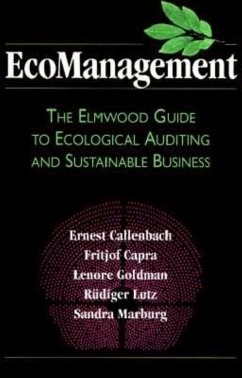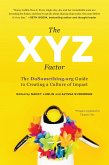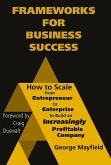Business people need help reducing the impact of their companies on the environment. This book will help them identify what can be done, systematically set priorities, and create an action plan for implementing improvements. It will also help them sell an impact reduction program to their top management. In contrast to the current practice of "compliance auditing," a process focused on meeting governmental regulations, this Elmwood Institute guide shows how to conduct an "eco-audit" - a complete examination of an organization in relation to its long-term ecological sustainability. Such an audit scrutinizes every aspect of the organization and its operations, including product design and manufacture, management techniques, corporate culture, and goals. This book provides a comprehensive framework for companies that need to design their own audits. In addition, a set of thirteen checklists guide managers through the audit process, covering such topics as energy, materials, wastes, finance, marketing, transportation, and international business relations.
Hinweis: Dieser Artikel kann nur an eine deutsche Lieferadresse ausgeliefert werden.
Hinweis: Dieser Artikel kann nur an eine deutsche Lieferadresse ausgeliefert werden.







